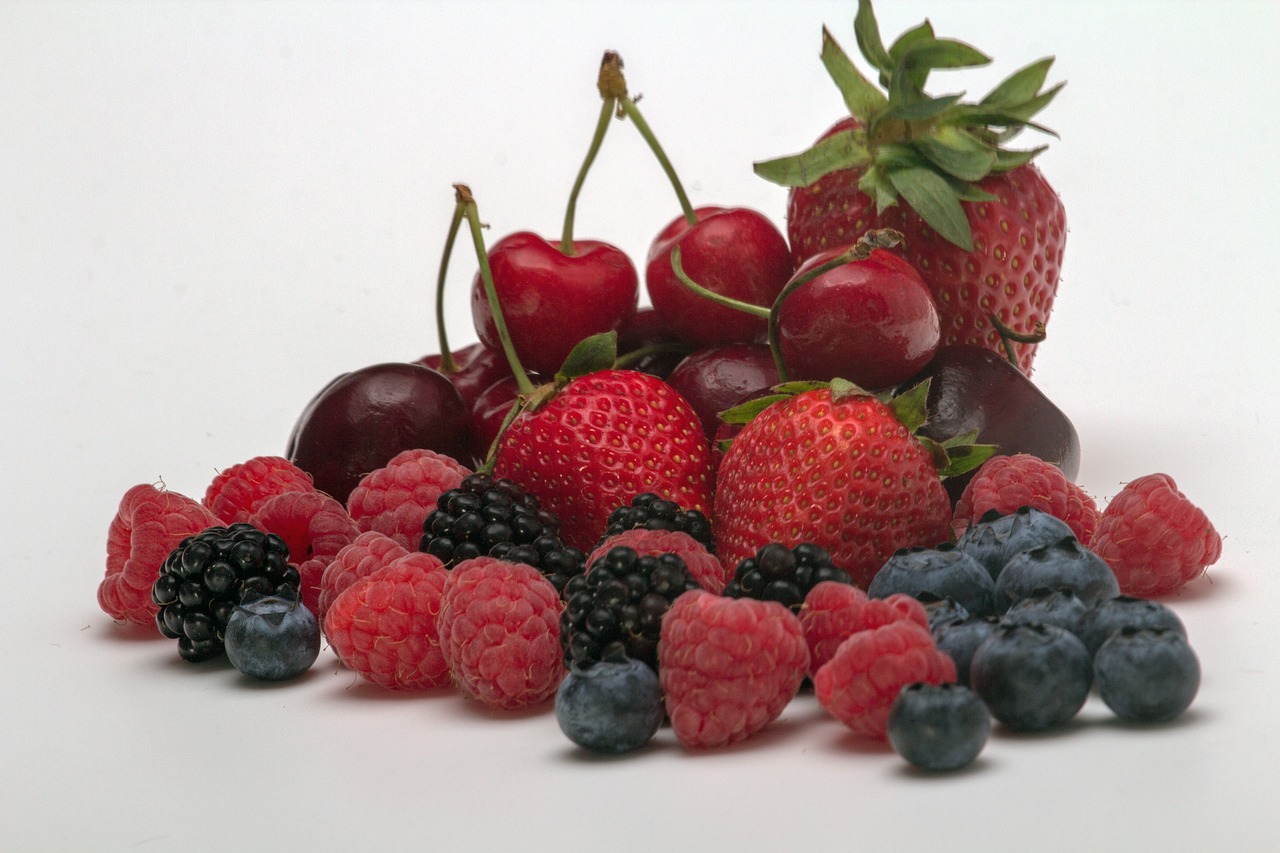Physical Wellness
How Berries and Cherries Can Help Fight Off Heart Disease

berries and cherries | (Photo : Image by andreas N from Pixabay)
Heart disease claims nearly 19 million lives worldwide annually, with atherosclerosis being a leading cause. However, recent research suggests that integrating berries and cherries into one's diet may offer a natural defense against this prevalent cardiovascular condition.
A study published in the journal Nutrients synthesized data from various studies and clinical trials to explore the impact of phenolic compounds found in cherries and berries on cardiovascular health. These fruits, rich in nutrients and low in fat, contain an array of bioactive compounds, including flavonoids and phenolic acids, known for their positive effects on the body.
Cherries and numerous berries, characterized by their red hue, are not only low in fat but also rich in essential nutrients and dietary fiber. Additionally, they harbor a diverse array of compounds such as flavonoids, resveratrol, and phenolic acids like hydroxycinnamic and hydroxybenzoic acids.
The flavonoids found in berries, such as anthocyanins responsible for their red coloration, play a crucial role in mitigating oxidative stress and combating inflammatory responses. Moreover, they facilitate vasodilation, regulate blood sugar levels, possess anticancer properties, and exhibit antimicrobial activity, News Medical reported.
In terms of polyphenol content, cherries and berries typically contain between 200 and 300 milligrams per 100 grams of fresh fruit, comparable to levels found in chocolate, dried peas, legumes, and cereals.
Notably, sweet cherries, blackberries, blueberries, and raspberries are abundant sources of hydroxybenzoic acid gallic acid. Furthermore, berries and cherries, whether sweet or tart, boast flavonoids like catechin, epicatechin, and quercetin metabolites. Many berries also exhibit high levels of tannins, contributing to their health-promoting properties.
Previous research suggested that if these fruits were eaten regularly, these effects could prevent or counter inflammation and oxidative stress. The outcomes include lower blood pressure, improved cholesterol levels, and better endothelial function.
The current study sought to establish the value of berries and cherries for CVD prevention. The challenge was to make use of all available evidence and, if possible, to arrive at the best dosages.
Notably, freeze-dried fruit powders offer a convenient and concentrated source of nutrients and phytochemicals while maintaining taste, color, and nutritional value. This finding encourages year-round consumption of these potent fruits, enhancing shelf life while preserving their health benefits.
While the optimal dosage remains uncertain for humans, up to two cups of berries and cherries daily appear safe for consumption, aligning with WHO recommendations for fruit and vegetable intake. This dosage could provide a significant boost to cardiovascular health, offering a natural and delicious approach to disease prevention.








Join the Conversation